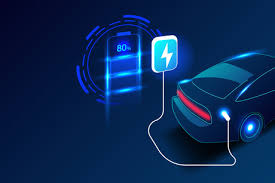
Researchers aim to demonstrate the technology in commercial drones and electric vertical take-off and landing vehicles (eVTOL) within a year. The research was a decade in the making and is published in Advanced Energy Materials. To bring the technology to market, Monash University has launched a new spin-off, Ghove Energy, currently raising pre-seed funding.
The paper’s first author, Maleesha Nishshanke, a PhD candidate at the Monash Nanoscale Science and Engineering Lab (NSEL) said the novel batteries doubled the energy density of conventional lithium-ion batteries and were much lighter.
In an electric car, the Li-S batteries could power an extra 1000 kilometers on a single charge while cutting recharge time to a few hours.
Co-lead researcher and Director of the ARC Research Hub for Advanced Manufacturing with 2D Materials, Professor Mainak Majumder, said Li-S technology typically struggled to maintain high performance without degrading quickly but this new battery could handle a lot of power being taken out at once without breaking down. The batteries are cheaper and store more energy.
The research team is investigating new additives that promise to speed up both charging and discharging times even more, along with methods that reduce the amount of lithium needed.
The research was supported by the US Air Force Office of Sponsored Research.